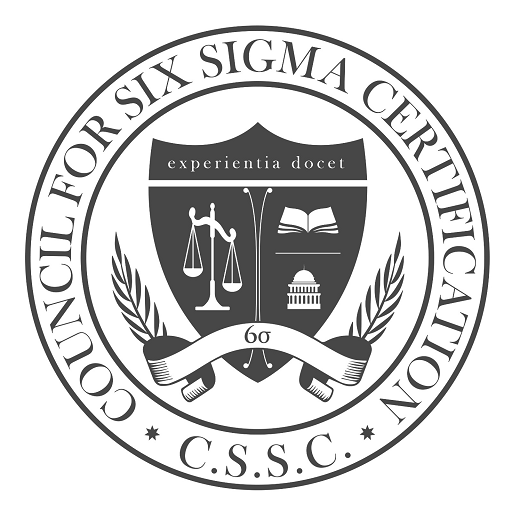
Lean Six Sigma Process in Chennai is a systematic technique that aims to improve corporate operations by eliminating waste, increasing efficiency, and assuring high-quality results. At its foundation, Lean Six Sigma blends Lean manufacturing concepts of minimising waste and maximising value with Six Sigma’s emphasis on variation and defect reduction. This comprehensive approach helps organisations to discover areas for improvement, analyse processes, and implement solutions that provide concrete outcomes.
The DMAIC framework is commonly used to guide the Lean Six Sigma process: define, measure, analyse, improve, and control. In the Define phase, the project scope, objectives, and deliverables are explicitly specified, providing the groundwork for the next phases. The Measure phase includes gathering data to characterise the present condition of the process and set a baseline. Performance metrics. This phase allows organisations to identify essential process inputs and outputs, resulting in a full understanding of the process under inquiry.
Moving on to the Analyse phase, organisations conduct in-depth data analysis to uncover the core causes of inefficiencies, flaws, or variances in the process. Data is analysed using a variety of statistical tools and techniques, such as hypothesis testing, regression analysis, and cause-and-effect diagrams. Organisations can successfully solve process difficulties by identifying the root reasons.
The Improve phase is when Lean Six Sigma practitioners develop and apply solutions to optimise the process and achieve the desired results. This phase frequently includes brainstorming meetings, experimentation, and pilot testing to discover the most effective improvement options. Techniques like Design of Experiments (DOE) are used to methodically investigate process factors and determine the best settings for enhanced performance.
Once changes are introduced, the Control phase guarantees that the benefits are maintained throughout time. Control plans are created to monitor key process indicators and keep the process steady and within acceptable limits. Control charts and other statistical process control (SPC) tools are used to track process performance and identify deviations from the planned state. Furthermore, continual training and continuous improvement activities contribute to the establishment of an organisational culture of excellence.
Throughout the Lean Six Sigma process, several Lean tools and approaches are used to supplement Six Sigma methodologies and promote continuous improvement. Value stream mapping, 5S approach, and Kanban systems are some of the techniques used to Streamline procedures, remove waste, and increase overall efficiency. These technologies enable organisations to visualise processes, standardise procedures, and optimise resource utilisation.
In addition to technical tools and processes, successful Lean Six Sigma deployments require good leadership and change management. Strong leadership promotes a culture of continuous improvement, while change management strategies assist overcome opposition to change and enable the effective implementation of new procedures and practices. Organisations may maximise the effect of Lean Six Sigma efforts and generate long-term success by engaging stakeholders, providing proper support, and cultivating a collaborative culture.

